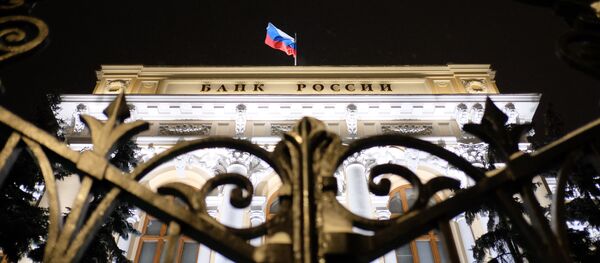"Over the past few weeks, we have actually seen that the certain stabilization of oil prices of around $30 per barrel have led to the stabilization of the currency exchange rate, which reflects the current situation with payment balances, which is the price of oil, current accounts as a whole, the dynamics of imports from other figures, and of course capital outflow," Oreshkin told journalists.
Global oil prices plunged from $115 to less than $30 per barrel between June 2014 and January 2016, hitting their lowest levels since 2003, mostly because of prolonged global oversupply and weak demand.
The Russian economy, heavily reliant on crude sales, was hit by plummeting oil prices and the Western sanctions imposed against Russia over the Ukrainian crisis. In 2014, the ruble lost almost half of its value against the dollar triggering soaring inflation in the country.
On Friday, Russian Economic Development Minister Alexei Ulyukayev said that the country’s financial and budget situations were currently stable.
According to the Russian Central Bank, the dependence of the Russian economy and the national currency's exchange rate on oil prices is gradually decreasing, however, there is a need to further diversify the country’s economy to continue this trend.



